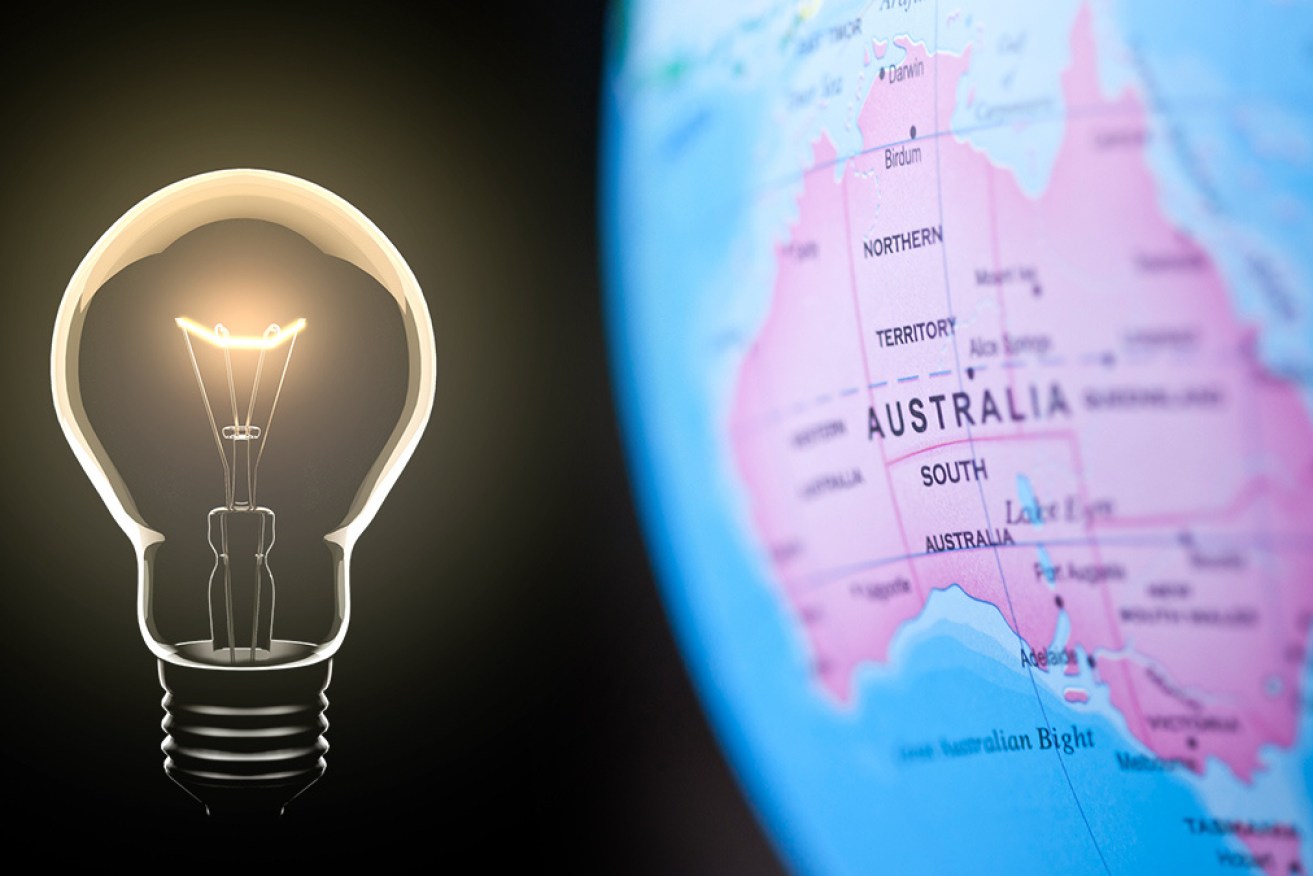Australians are failing to shop around for cheaper energy deals, but big changes are coming


Australians could save hundreds on their energy bills if they shopped around. Photo: Getty
Australians will soon have a new weapon in their arsenal to find better energy deals.
But the changes come as data shows consumers are shopping around less than before.
Consumer watchdog ACCC was granted new rights on Monday to begin drafting a ‘Consumer Data Right’ for the energy sector.
The ‘data right’ will enable consumers to access the data companies hold on them so they can ask for better personalised deals from rival providers.
Energy Minister Angus Taylor said the reform would help customers capitalise on increased competition in the sector and find a product tailored to their household’s consumption.

Reforms to give consumers access to their power usage data could help them save hundreds of dollars. Photo: Getty
“Giving people rights over their data will make switching easier and allow consumers, or their third-party advocates, to drive even better deals with energy companies,” Mr Taylor said.
Similar provisions have already been mandated for the banking sector as part of open banking reforms that will be enforced on Wednesday.
Australians remain complacent as AEMC flags reforms
The legislation came as the Australian Energy Market Commission on Tuesday released its 2020 Retail Energy Competition Review.
The AEMC analysis showed that the number of customers who switched providers over the past year dipped 5 per cent to a three-year low of 19 per cent, while 55 per cent said they easily understood pricing information supplied by their provider.
Simon Downes, editor-in-chief of consumer comparison website Canstar Blue, told The New Daily the introduction of Default Market Offers (a mid-market reference price) in July 2019 had ultimately confused energy customers.
“One of the concerns was it would create complacency, because if you create a default regulated tariff that gives [customers] the impression the worst-case scenario is not too bad, the need to shop around is reduced,” Mr Downes said.
“[But] while the default price has been reduced, there’s a big gap between settling for the default price and engaging in the market to find a better deal.”
AEMC’s figures revealed the difference between default offers and market-leading offers can be as much as $470.
In its report, the AEMC also recommended new protections to ensure consumers are placed on a lower ‘market offer’ instead of the default rate if their provider goes bankrupt.
The commission acknowledged that during the pandemic there’s a heightened risk of providers going out of business as tens of thousands of customers are accessing hardship measures.
Some energy retailers anticipate “bad debt” levels to double, the report said.
“We want to make sure that if this [crisis] happens in the future, consumers won’t be facing higher energy bills through no fault of their own,” AEMC chief executive Benn Barr wrote.
“Our plan would ensure the customer’s new retailer, called the ‘retailer of last resort’, would be prevented from automatically putting their new clients on more costly default offers.”
The AEMC also called for clearer communications related to contractual changes.
It suggested energy providers inform customers of changes to their policy through SMS updates or mobile phone applications.
And it said bills should be simplified, as current rules require providers to include 24 pieces of information, which can overwhelm consumers.
New recommendations to keep up with modern-day energy market
The AEMC also flagged changes to support Australia’s emerging electric vehicle (EV) sector, which it anticipates will grow “exponentially” over the next decade.
Among the suggestions include a proposed “virtual power plant” to encourage EV owners to store electricity that can be redistributed to the grid in peak periods, and encouraging off-peak charging.
The Australia Institute climate and energy program director Richie Merzian welcomed the renewed focus on EVs, but said the necessary infrastructure to launch such a program has been available for years.

Electric vehicles are front and centre in new recommendations to overhaul the energy market. Photo: Getty
“Unfortunately at the moment, Australia has a really low EV uptake because it’s not incentivised, unlike Norway, whose government has incentivised uptake for the last 15 years,” Mr Merzian told The New Daily.
“Tesla has the technology necessary to kick this off, but what has slowed progress down has been the incumbency, where a handful of generators and retailers want to control how power is generated and managed.”
Earlier this month, the commission announced it would adopt changes that pay electricity users for reducing their consumption.








